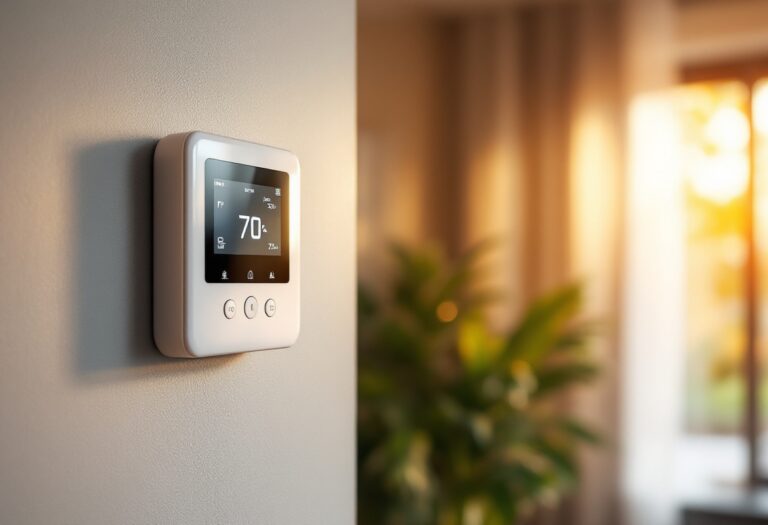As energy prices rise, households must adapt to new financial realities.

Topics covered
As of January 1, households across the UK will face a significant increase in their energy bills, with the new price cap set at £1,738 per year. This marks a 1.2% rise from the previous cap of £1,717, translating to an additional £21 annually.
This increase comes at a time when many families are already grappling with the financial pressures of winter, making it crucial to understand the implications of these changes.
The current energy landscape
The energy market has undergone dramatic shifts in recent years, particularly following the geopolitical tensions stemming from the Russia-Ukraine conflict.
While analysts had initially predicted a slight decrease in the price cap, the reality is that energy prices remain sensitive to global events, keeping them significantly above historical averages. According to Cornwall Insight, the market is still volatile, and households must prepare for ongoing fluctuations in their energy costs.
Fixed vs. variable tariffs: What should you choose?
In light of the rising price cap, many consumers are reevaluating their energy tariffs. Fixed energy tariffs, which lock in a set rate for a specified period (usually around 12 months), can provide stability in an unpredictable market. However, they come with their own risks. If wholesale prices decrease, those on fixed tariffs may end up paying more than necessary. Conversely, variable tariffs fluctuate with the price cap, meaning consumers could see their bills rise significantly if the cap increases.
Experts recommend that consumers assess their current energy deals and consider switching if they find a more competitive rate. Comparison sites can be invaluable tools in this process, allowing households to explore various options and identify potential savings. However, it is essential to be mindful of exit fees associated with switching, which can range from £75 to £150 per fuel.
Strategies to mitigate rising costs
As energy prices continue to climb, households can take proactive steps to manage their energy consumption and costs. Simple measures such as using energy-efficient appliances, optimizing heating settings, and being mindful of usage during peak hours can lead to significant savings. Additionally, consumers should stay informed about available energy deals, particularly those that may offer rates lower than the current price cap.
Furthermore, with the winter months approaching, it is crucial for households, especially pensioners, to explore available financial support options. The recent announcement regarding the winter fuel allowance has left many vulnerable groups without essential assistance, making it imperative to seek out alternative resources and support networks.
Conclusion
As the energy price cap rises, understanding the implications for your household budget is more important than ever. By evaluating your energy tariff options, implementing energy-saving strategies, and staying informed about market trends, you can better navigate the challenges posed by increasing energy costs. The landscape may be uncertain, but with careful planning and proactive measures, households can mitigate the impact of rising energy prices.




